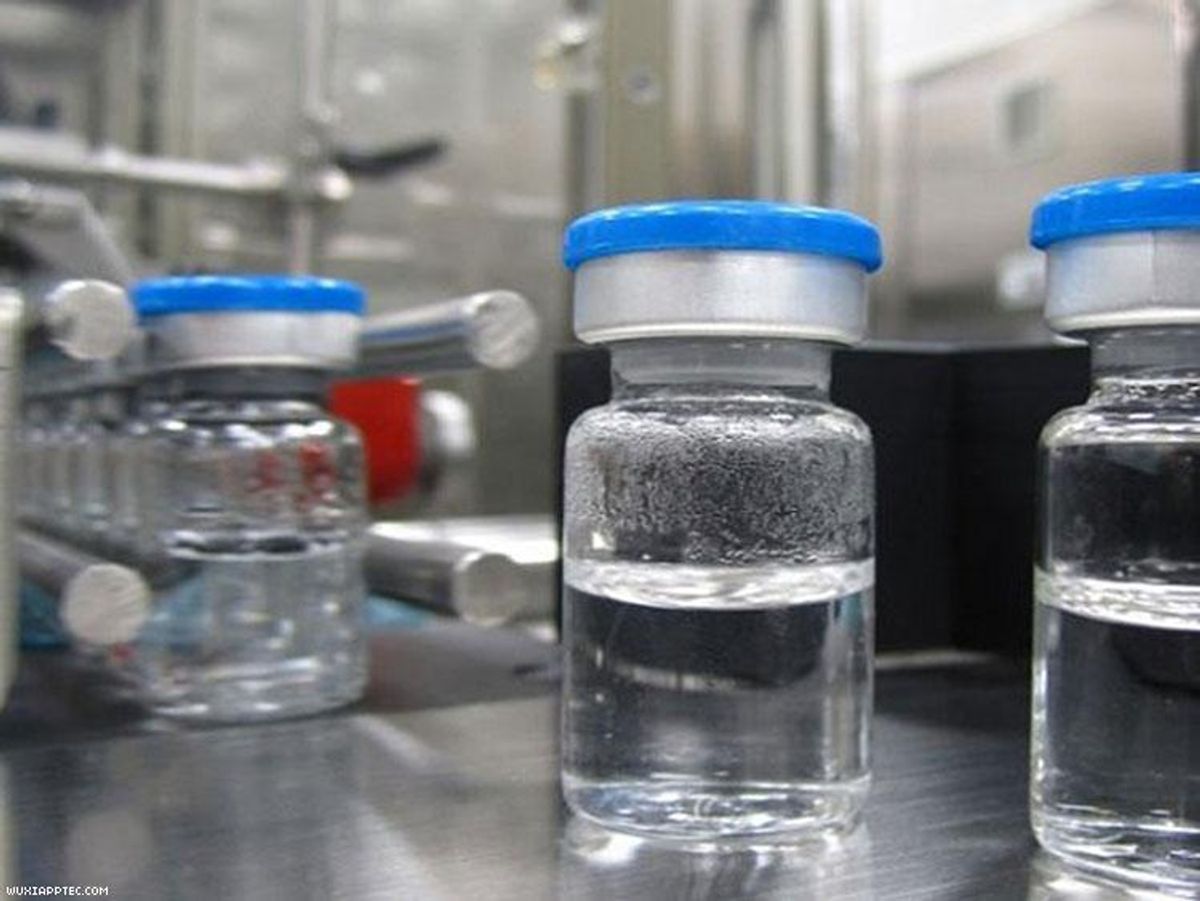While the majority of HIV-positive patients live happy healthy lives through antiretroviral therapy, there are a small amount of patients who are left behind (estimated to be around 5 percent) — those whose immune systems have become resistant to available therapies. But now there is hope.
A new antiretroviral agent has shown promise in a recent study of 40 patients with multidrug-resistant viruses. According to reports from MedPageToday, research shows that Ibalizumab (a monoclonal antibody) lowered plasma viral load by a mean of 1.1 log when used as functional monotherapy in the first stage of clinical trial.
After only seven days of being dosed with Ibalizumab, 83 percent of patients had a 0.5 log drop in their viral load, and 60 percent had a 1 log drop or more. While it was generally tolerated overall, 10 percent reported slight dizziness, 5 percent reported fatigue, 5 percent reported nausea or vomiting, and only 2.5 percent reported having a rash.
For patients whose bodies no longer benefit from all available antiretroviral therapies on the market, this is good news. Ibalizumab (TMB-355), developed by TaiMed Biologics, is unique from other combo therapies because it targets a human protein, rather than attacking the virus specifically.
Here’s how it works: Ibalizumab will bond to a CD4 protein located on the surface of T cells — these are the cells HIV use to corrupt other cells. But what happens is instead of blocking the attachment, the antibody prevents HIV from changing, thus keeping it from entering any more cells.
"This is different from all the other HIV drugs we use," Dr. Pablo Tebas from the University of Pennsylvania in Philadelphia said. "HIV drugs tend to target enzymes of the virus ... this targets the human immune system."
Having been in development for nearly a decade, Ibalizumab has now shown to have a resistance profile, working against HIV that have become resistant to older antiretrovirals for whatever reason. Not to mention, it also is not metabolized by the liver or kidneys and doesn’t interfere with other drugs.
According to Dr. Jay Lalezari from Quest Clinical Research in San Francisco, Ibalizumab might be the first in a trend toward long-acting injectable therapies for HIV. While its dosing appeals to all HIV-positive patients (it’s only dosed biweekly), its role will probably only be to treat patients who are difficult to treat due to drug resistance.
Lalezari estimates Ibalizumab doesn’t have a large market — only 5% of HIV patients, but whether we realize it or not, these patients are incredibly vulnerable.
"This is not the most potent drug we've seen, but it's pretty good, and in the setting of multidrug resistance it's very good -- maybe the best we have," Lalezari said.

















































































